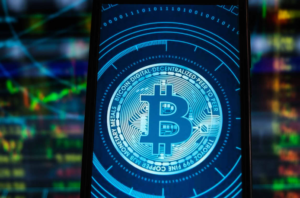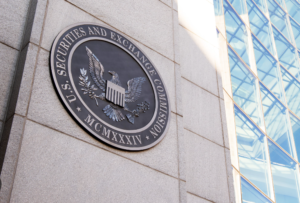$AAPL $META $BTC
#UKeconomy #inflation #ONS #consumertrends #technology #foodprices #economicgrowth #finance #markets #retail #spendinghabits #business
The UK’s Office for National Statistics (ONS) has updated the basket of goods and services used to measure inflation, reflecting shifting consumer spending habits. Among the notable additions in 2024 are virtual reality (VR) headsets and pulled pork, illustrating broader economic shifts in both technology consumption and food preferences. The inclusion of VR headsets signifies the growing adoption of immersive digital experiences, driven by advancements from major players like Meta and Apple. With Meta launching its Quest series and Apple entering the space with the Vision Pro, demand for high-end wearable tech is expanding. As VR adoption increases, it may contribute to higher discretionary spending, potentially influencing consumer inflation indices. On the other hand, the addition of pulled pork highlights changing dietary habits and retail trends, reflecting increased demand for convenient, protein-based food products in a cost-conscious environment characterized by rising food inflation.
Changes to the UK’s inflation basket are crucial for policymakers, as they affect how price growth is measured and interpreted. The ONS frequently revises the list to ensure it accurately represents consumer spending dynamics. The inclusion of VR headsets underscores the tech industry’s role in driving innovation and shaping spending habits, while food items like pulled pork point to shifts in consumer preferences toward prepared and globally inspired meals. Such adjustments help economists and investors gauge economic trends, as spending on discretionary technology often indicates consumer confidence, whereas food price changes can signal broader inflationary pressures. These trends have direct implications for retail stocks, tech equities, and grocery supply chains. Companies in the tech sector may see benefits as demand for premium products increases, but higher shelf prices for food items could impact budget-sensitive households, influencing overall consumer sentiment.
The shift in consumer spending patterns comes at a time of persistent inflationary pressures in the UK, with food, energy, and technology prices experiencing fluctuations. The Bank of England continues to monitor inflation trends closely, adjusting interest rate policies accordingly. The addition of new tech and food items reflects the economy’s evolving nature, where digital services and modern food consumption patterns play a larger role in households’ budgets. As retail and technology firms adjust their pricing strategies, investors are paying close attention to earnings reports and inflation data to gauge economic resilience. A rise in discretionary technology purchases despite inflation could indicate stronger consumer confidence, possibly influencing stock market performance in sectors like electronics and online retail.
With inflation remaining a central focus for economic planners and market participants, the ONS’s updates provide valuable insights into real-world spending behavior. Businesses and investors analyze these changes to forecast demand trends and plan strategic pricing decisions. The ongoing digital transformation, evidenced by the increased adoption of VR technology, mirrors global technological shifts and their market impact. Meanwhile, fluctuations in food prices continue to affect households across income groups, influencing both consumer savings and spending habits. As inflation data continues to evolve, policymakers will need to balance economic growth with cost-of-living concerns, while investors and businesses adjust to the dynamic landscape of consumer demand.











Comments are closed.